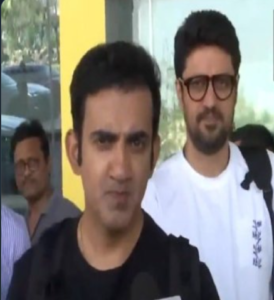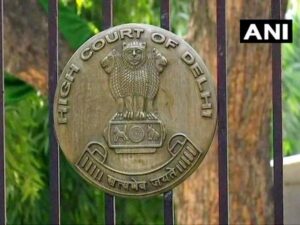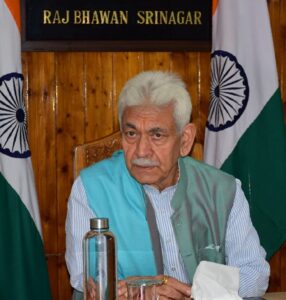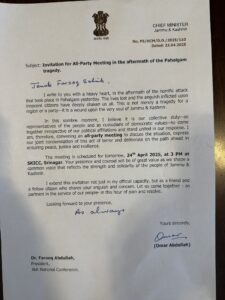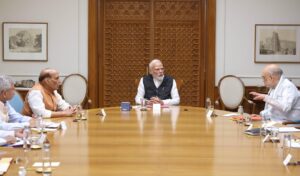Delhi HC asks jail authorities to decide conman Sukesh Chandrashekhar representation for extra legal meetings
New Delhi [India], August 20 (ANI): Delhi High Court on Tuesday directed jail authorities to consider a writ petition filed by alleged conman Sukesh Chandrasekhar as a representation and make a decision. Chandrasekhar has requested additional meetings with his lawyers while he is in jail.
The bench of Justice Amit Mahajan heard the matter and issued the directions regarding Sukesh Chandrasekhar’s request for additional meetings with his lawyers. Previously, Justice Subramonium Prasad had recused himself from hearing the case.
Sukesh Chandrashekhar through plea requested permission to increase his meetings with his legal counsel to five times a week. This request sought an additional three meetings beyond the two meetings per week currently allowed.
Advocate Anant Malik, representing Sukesh Chandrasekhar, stated that the petitioner, an under trial prisoner involved in numerous cases across different jurisdictions, finds the current allowance of virtual meetings insufficient. Given the complexity and breadth of his legal issues, including high-profile corruption and extortion cases, Chandrasekhar asserts that more frequent consultations with his lawyers are crucial for effectively managing his defense.
The petition further emphasizes Sukesh Chandrasekhar’s personal difficulties, including isolation from his family due to distance and the incarceration of his spouse. This situation increases his distress, underscoring the need for regular and meaningful interactions with his legal counsel. The petition further stated that the current restrictions on legal consultations violate Chandrasekhar’s fundamental rights under Article 22(1) of the Constitution of India, which guarantees the right to consult and be defended by a legal practitioner of one’s choice.
To support his request, Sukesh Chandrasekhar’s petition references recent judicial precedents, including the Delhi High Court’s decision in Arvind Kejriwal vs. Department of Delhi Prisons. In that case, the court granted the accused five weekly meetings with their counsel, reinforcing the argument that similar allowances should be made for Chandrasekhar to ensure adequate legal representation.


